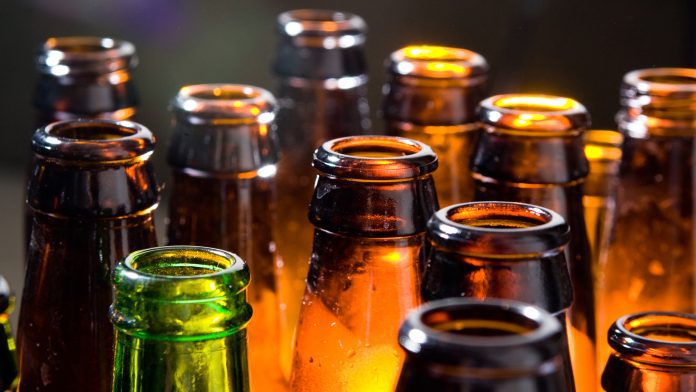
Doctors in the UK have urged the government to raise the UK drinking age at home from five, in an effort to prevent future alcohol problems.
The government needs to take a stronger stance on alcohol abuse according to children’s doctors in the UK. Among other recommendations, the doctors have suggested that the legal drinking age in the UK is raised from five years. Currently, five-year-olds can legally consume alcohol in their own home if they are accompanied by an adult.
An independent health education lecturer has published these recommendations online in the Archives of Disease in Childhood.
Dispelling myths around alcohol consumption
According to Dr Aric Sigman, the government needs to do more to educate parents about the dangers of early exposure to alcohol. Dr Sigman man has highlighted the French family drinking myth, that childhood acculturation leads to more responsible attitudes to drinking in later life, as something that needs to be dispelled.
Stats from the World Health Organization (WHO) show that individual alcohol consumption in France and years of life lost are higher than in the UK. Additionally, the overall alcohol-related death rate is 26% higher in France than in the UK.
These statistics have caused French authorities to raise the legal drinking age and attempt to halt the normalisation of drinking in an effort to ease the burden on alcohol on the French healthcare system.
Alcohol is the leading risk factor for premature death and disability among 15 to 49-year-olds and is a causal factor in over 200 disease and injury conditions. Dr Sigman highlights alcohol as a major factor in the increase in liver disease mortality that has occurred over the last forty years.
Dr Sigman suggests that increasing UK drinking age, even regarding small quantities of alcohol, would lower their subsequent risk of encountering drinking problems later in life.
The UK drinking age may normalise unhealthy alcohol habits
Preliminary research has suggested that introducing children to alcohol may sensitise the neurocircuitry of addiction by inducing neuroadaptations in brain regions involved in reward and addiction. Teenage drinking may also cause changes in gene expression that could influence drinking behaviour in later life.
“A more visible position by the paediatric profession is required which wrests ownership from that of alcohol initiation being a cultural issue to being a formal medical issue presided over by paediatric medicine—not the national culture,” said Dr Sigman.
Dr Sigman has encouraged his fellow medical professionals to educate parents about role modelling. Children who see their parents drink are more likely to want to try it themselves, according to Dr Sigman.
Dr Sigman has expressed his intention to lobby the government to raise the at-home UK drinking age from five. He says he does not wish to “criminalise” parents but wants to signal a reset of the cultural landscape around alcohol. Dr Sigman has suggested the inclusion of mandatory warnings on all alcohol products and health promotion materials.
“It is time we join the dots and take a far broader and more long-term approach to prevent and reduce future alcohol-related morbidity and mortality by raising the UK drinking age. The paediatric profession has the respect and the authority to tell society not what it is interested in hearing, but what is in its children’s best interests,” Dr Sigman.








